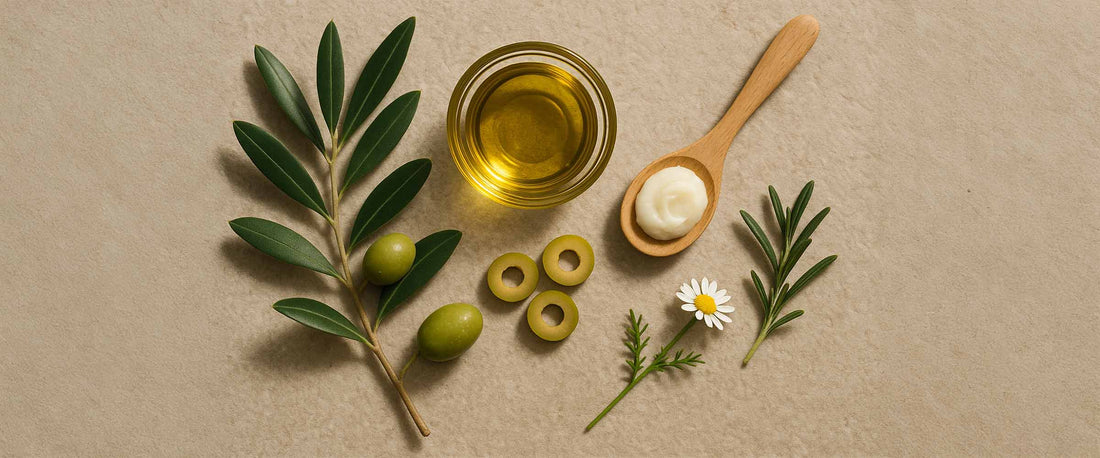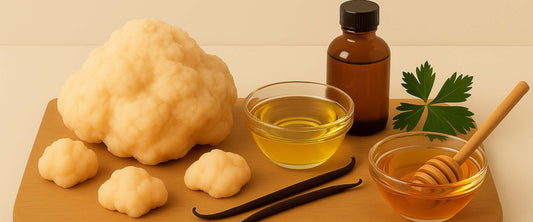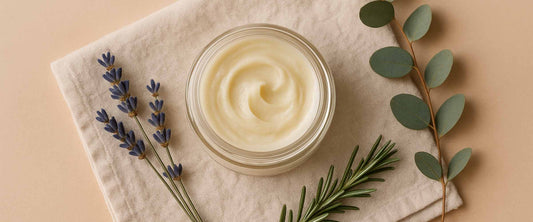
3. Olive Oil’s Skin Benefits: Hydration, Barrier Repair, and Antioxidant Defense
Olive oil doesn’t just sit on your skin—it supports it.
It’s one of the few natural ingredients that hydrates, repairs, and protects—all at once.
At the core of olive oil’s skin benefits is oleic acid, a monounsaturated fat that makes up a large part of your skin’s own natural oils. That’s why olive oil feels so comfortable on the skin—it’s familiar. It doesn’t just coat the surface. It softens, nourishes, and sinks in deeply, especially for people with dry, sensitive, or mature skin.
But the real power of olive oil goes beyond hydration. It helps repair the skin barrier, that protective outer layer that keeps moisture in and irritants out. When your barrier is damaged—due to over-cleansing, weather, or inflammation—your skin becomes dry, reactive, or inflamed. Olive oil’s fatty acids help rebuild that barrier and bring your skin back into balance.
Then there’s the antioxidant layer. Olive oil is rich in vitamin E, polyphenols, and squalene—all of which help protect against oxidative stress. That means fewer fine lines, less environmental damage, and stronger resistance to aging. These compounds neutralize free radicals before they can break down your skin’s collagen or elasticity.

What makes this different from synthetic moisturizers? Most commercial creams only hydrate the surface, using petroleum-based ingredients that mimic moisture. Olive oil, by contrast, works with your biology. It gives your skin nutrients it knows how to use—without the fillers or chemicals.
In short: it’s not just moisture. It’s support.
And the difference shows.
Read next: Can Olive Oil Clog Pores? Let’s Talk Skin Types and Myths





